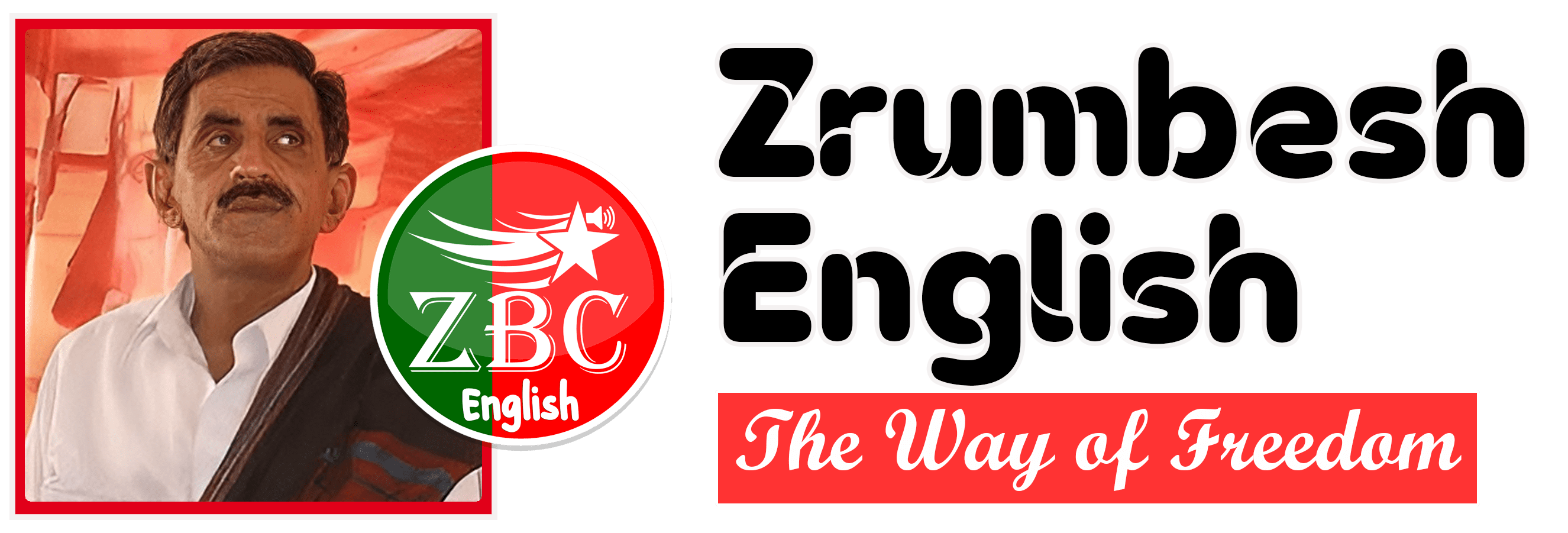
The cycle of enforced disappearances and extrajudicial killings in Balochistan shows no sign of ending.
On February 28, security forces raided a village in Mashkay and forcibly disappeared eight Baloch youth in front of their families. Just a few days later, on March 2 around 3 p.m., the bullet-riddled bodies of four of them Kamran Aleem, Miraj, Momin Aslam and Hafeez were found dumped in a deserted area.
The families of the remaining four youth expressed serious concern for their lives, and tragically, those fears were confirmed when the mutilated bodies of the remaining four were also recovered in the area days later.
On April 5, three more forcibly disappeared individuals were found dead in Mashkay. They too were reportedly killed in a staged encounter and their bodies discarded.
The same day in Barkhan, the bodies of three young men Haq Nawaz Buzdar, Shero Buzdar, and Gul Zaman Buzdar were found. All had previously been subjected to enforced disappearance at different times.
On April 6, in the Girdank area of Buleda, forces raided homes early in the morning and detained two cousins, Mehrab s/o Rahmdil and Khan Muhammad s/o Haibtan. Within hours, both were brutally tortured and killed.
Continuing this pattern, in the Baghbana area of Khuzdar, security forces claimed to have killed three individuals in an encounter. One of them was identified as 28-year-old Abdul Malik s/o Muhammad Yousuf, who had been forcibly disappeared from Turbat on October 11, 2024.
On April 7, the body of Nader Baloch s/o Sher Muhammad who was already in custody was handed over to his family sealed in a coffin.
On April 8, in another incident in Panjgur, a man named Bahadur Shafi was shot dead by forces, while three others Sohail, Shahid and Farhan were seriously injured.
Balochistan, on the one hand, has been turned into a collective graveyard with bodies being discovered almost daily. On the other, political representatives, activists and voices against state repression and human rights violations are being targeted.
The arrests of political workers like Mahrang Baloch, Beebow Baloch and Gulzadi Baloch are part of the broader effort to maintain the silence imposed by the state.
The rising number of enforced disappearances and extrajudicial killings in Balochistan are not just human rights violations; they are deep wounds inflicted upon the entire society wounds that can only be healed through justice, not oppression.

